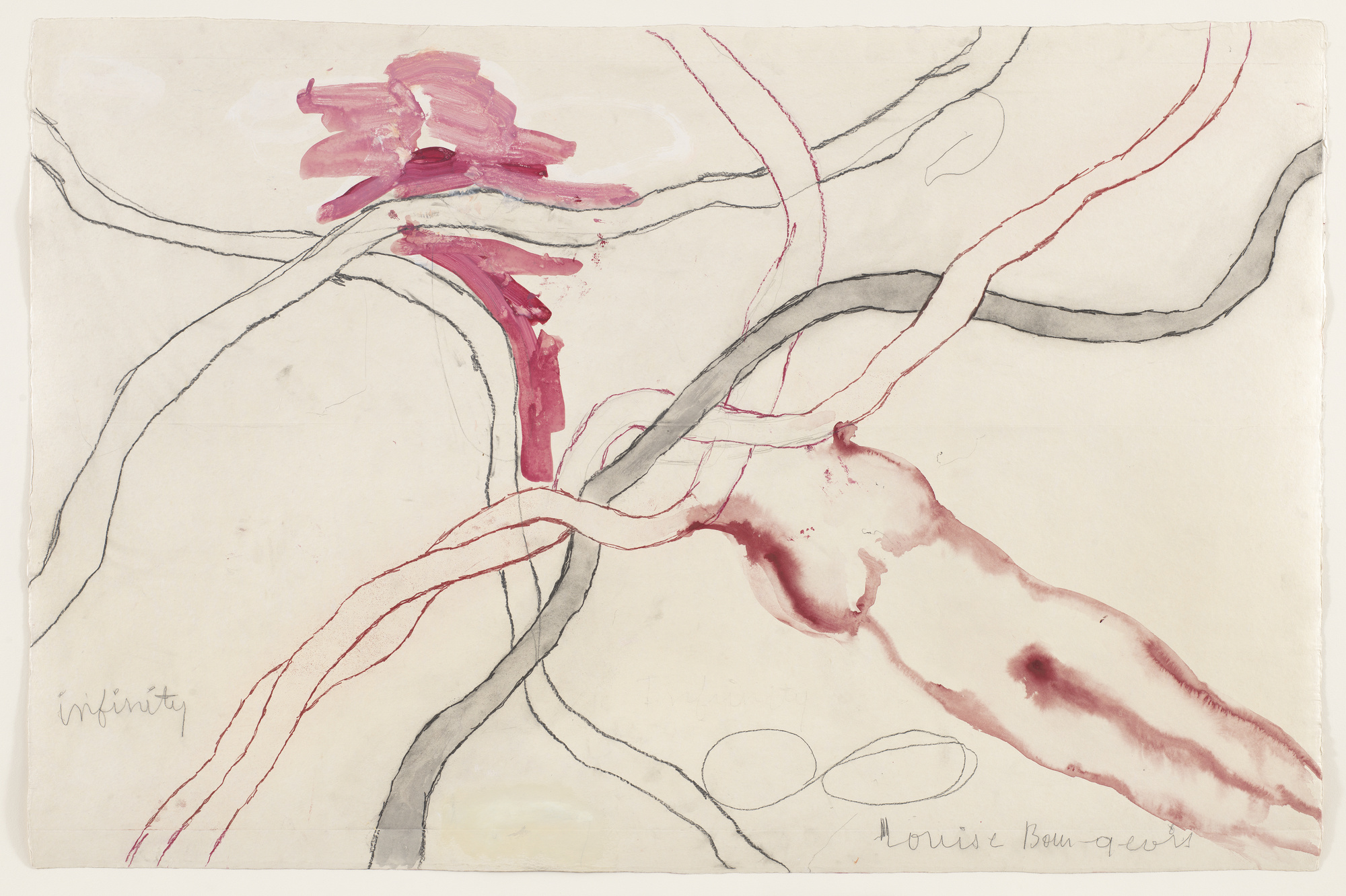
Liz Mason-Deese | From #MeToo to #WeStrike: A Politics in Feminine
What will it take to move from #MeToo to #WeStrike? As the Latin American movements have shown, it is in the practice of this politics in feminine that a new collective subjectivity is born. It is not our experiences of violence that define who we are, but our struggle against violence that defines a collective we.
Cinzia Arruzza | Women Strike the Empire: The Women’s Strike in the United States
This feminist mobilization is, therefore, at the forefront of the struggle, often in extremely difficult social and political conditions. This raises a number of challenges – for example, how to sustain the movement in the long run in the absence of a wider social activation – but it also opens the possibility for a new kind of class recomposition, if the feminist movement expands to become one that involves other social and political agents: one that binds together struggles around production and social reproduction, and that better reflects and articulates an increasingly feminized and racialized global working class.
Verónica Gago | The Feminist International: Appropriating and Overflowing the Strike
The strike appropriated by the women’s movement is literally overflowed: it must account for multiple labor realities that escape the borders of waged and unionized work, that question the limits between productive and reproductive labor, formal and informal labor, remunerated and free tasks, between migrant and national labor, between the employed and the unemployed. The strike taken up by the women’s movement directly targets a central element of the capitalist system: the sexual and colonial division of labor.
Raquel Gutiérrez Aguilar | Because we want ourselves alive, together we are disrupting everything: Notes for thinking about the paths of social transformation today
Overcoming the fragmentation imposed by the state and so-called “international agendas” has been very complicated. Thus we must turn our differences into the harmony of diverse women who launch their voices in varied scales, in a pluralized choreography that nurtures and does not separate: “Together and strong, always feminists.”
Verónica Gago | Is there a war “on” the body of women?: Finance, territory, and violence
There was thus a transversality to the political composition of the strike (unions, grassroots territorial organizations, queer collectives, student groups, health centers, migrant collectives, self-organized individuals, etc.). There was also an intersectionality of problematics that were able to make a concrete critique of renewed forms of capitalist exploitation, through their focus on labor.
 Viewpoint Magazine
Viewpoint Magazine